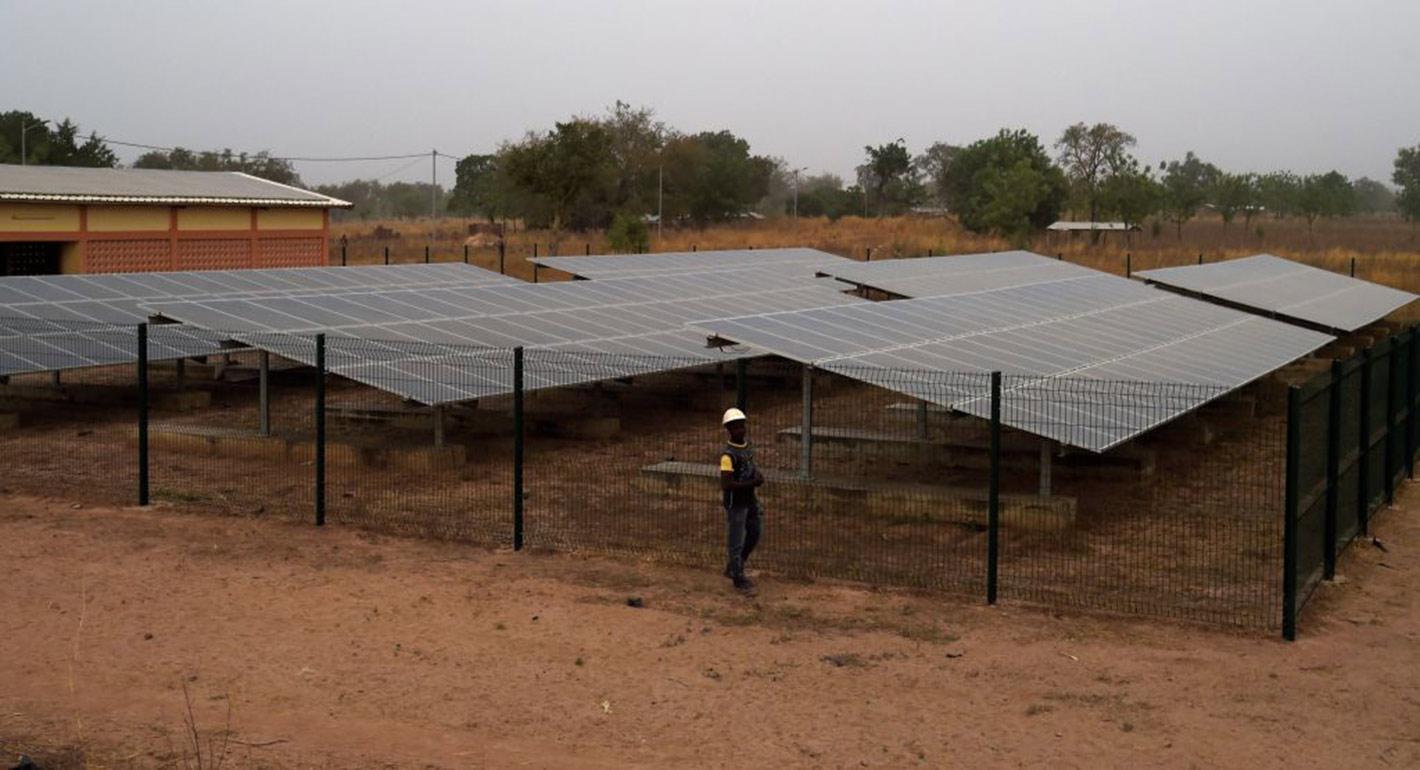1 to 10 of about 15

The European Green Deal is mainly a collection of internal EU policy instruments, yet its potential impacts will reach African countries. Such effects will be felt in the market for agriculture, fossil fuels, and other natural resources.

The Chinese government is dedicated to getting its electric vehicle market off the ground. But nurturing a new, globally competitive industry requires more than political will.

The Kremlin’s climate change path boils down to political will—and whether climate change is considered important enough—as well as its ability to engage in serious strategic thinking and policy preparation.

Several factors could be contributing to China’s sudden entrance into coal import markets, including transportation bottlenecks, environmental and safety considerations, economic factors, and concerns about depleting coking coal reserves.

China has become a driving force in global motorization, but future harmonious growth will depend on equitable and efficient measures that minimize the energy and environmental effects of China’s burgeoning transportation sector.

A national renewable electricity standard offers many advantages over the current patchwork system of state standards, including the creation of a market for renewable energy credits which would reduce the overall cost of compliance.

The United States and India should use Singh’s forthcoming visit to showcase the promise of bilateral cooperation and to foster enhanced partnership in key areas such as nonproliferation and climate change.

The Department of Energy’s Weatherization program is receiving $5 billion under the economic stimulus plan. Spending this money effectively depends on accelerated delivery, expanded participation, and long-term sustainability strategies.

The Obama administration needs a new approach to the Caspian region that provides opportunities for local leaders to engage with the United States in economic and political development.

Despite talk of a renaissance, nuclear power will account for a declining percentage of global electricity generation without aggressive financial support and significant policy changes. Before committing to a rapid expansion of nuclear energy, the next U.S. administration must address critical questions about the feasibility and safety of that expansion, and act to minimize proliferation risks.